>570 reviews
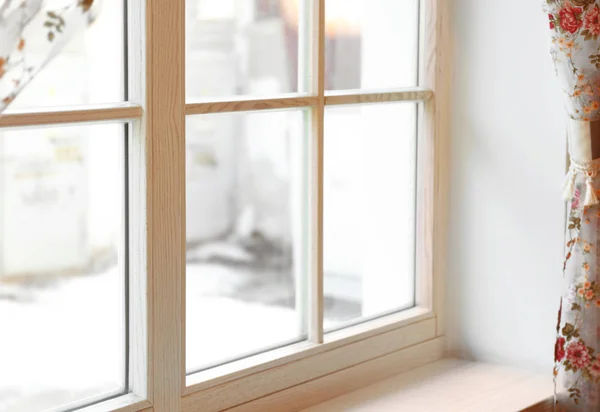
Choosing the ideal frame material for your windows is like picking a foundation for a masterpiece—it’s all about finding the right balance between functionality and aesthetics. Windows contribute not just to the character of your home but also to its efficiency and comfort. In this guide, we’ll unpack the features, benefits, and challenges of popular materials, helping you make the smartest choice.
Windows are more than just portals to the outdoors; they’re pivotal to your home’s energy performance, style, and soundproofing. The material you select determines how well your windows insulate, withstand the elements, and complement your design preferences.
From traditional options like wood to cutting-edge fiberglass, every type of frame offers unique strengths and challenges. The right choice depends on your priorities—be it cost, ease of maintenance, or resistance to wear and tear.
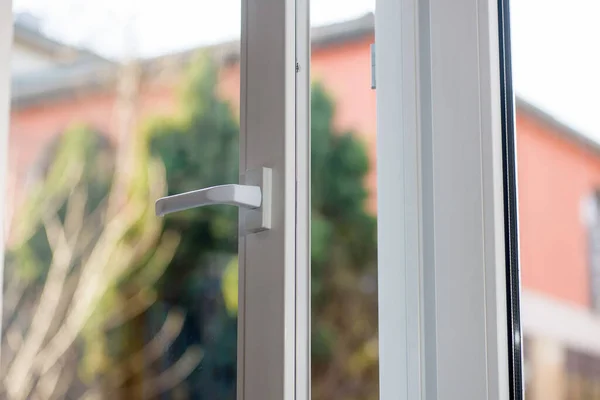
Gone are the days when wood was the only option for framing your view. Today’s market boasts a wide selection of materials, each with distinct benefits and considerations. Whether you’re after a timeless style, energy-saving features, or minimal upkeep, there’s an option that fits the bill.
Let’s take a look at the main contenders:
There’s something irresistibly charming about wood-framed windows. Their organic beauty and ability to adapt to various styles make them a classic favorite. However, keeping wood in tip-top shape requires consistent effort.
Advantages:
Challenges:
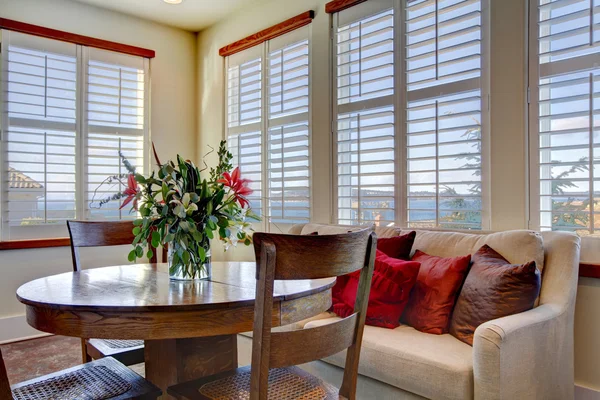
Vinyl frames have become the go-to choice for homeowners seeking a no-fuss solution. They’re lightweight yet durable and won’t leave a dent in your renovation budget.
Advantages:
Challenges:
For those craving an ultra-modern vibe, aluminum windows are the way to go. With their slim profiles and ability to hold larger panes, they’re a staple in contemporary architecture.
Advantages:
Challenges:
Fiberglass windows are the pinnacle of innovation in window materials. They balance strength with energy efficiency and have a modern edge that appeals to discerning homeowners.
Advantages:
Challenges:
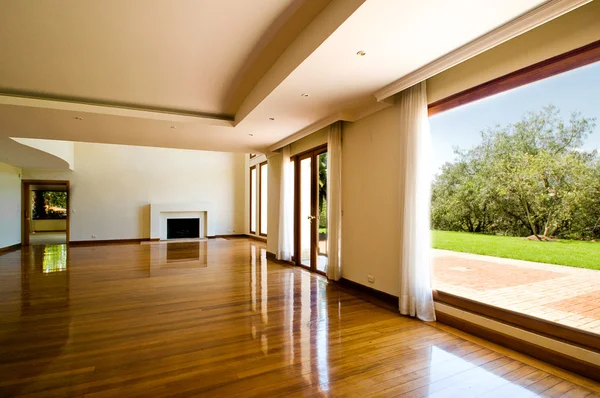
Energy efficiency is one of the most critical factors when selecting window materials. Wood and fiberglass lead the pack due to their natural insulating properties, while vinyl also performs well thanks to its thermal resistance. If you’re planning window replacement ohio, look for materials that provide the best insulation to keep your home comfortable year-round.
Wood and fiberglass excel in noise reduction, thanks to their dense, insulated structures. Vinyl also provides decent soundproofing, while aluminum may allow more noise unless paired with high-quality glazing.
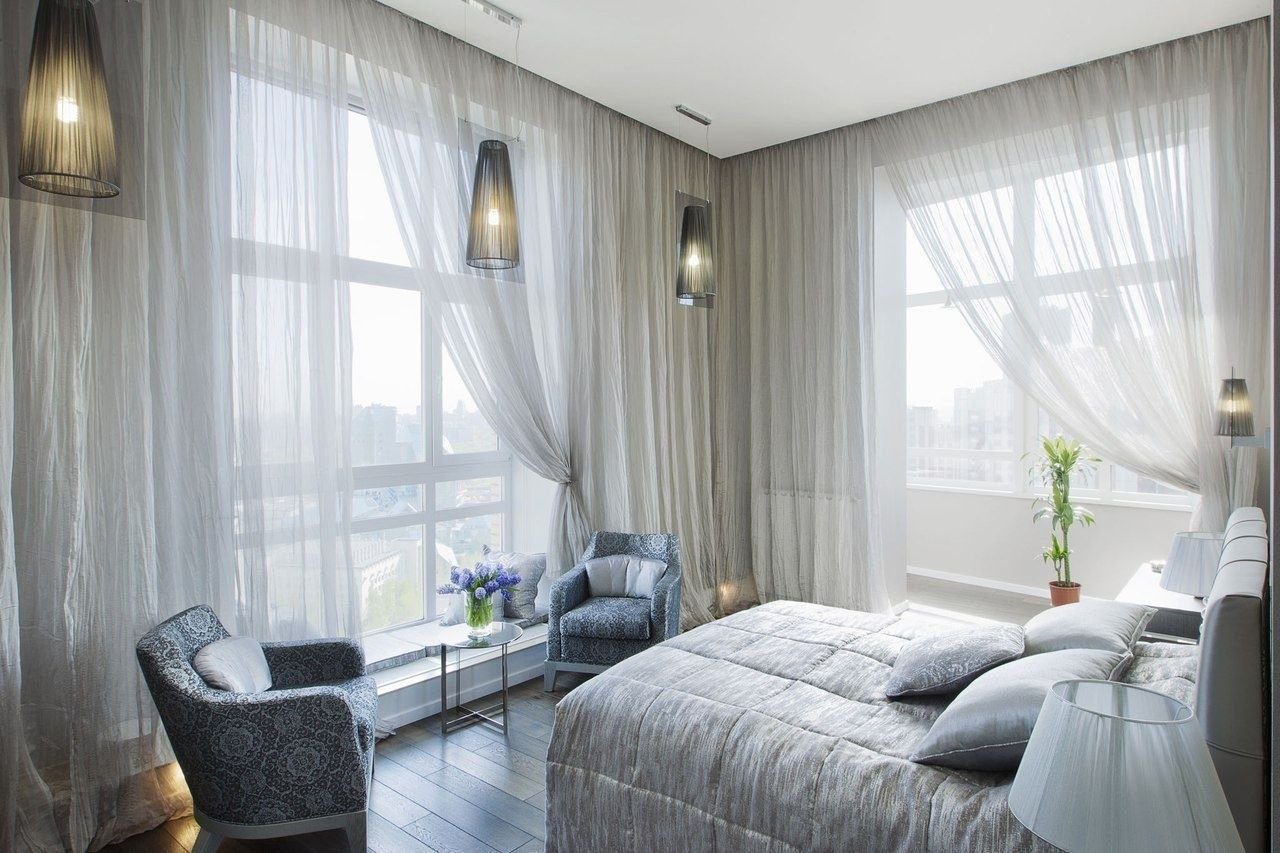
Your choice of window material directly impacts your home’s energy bills, resale value, and overall comfort. Investing in quality materials may seem costly upfront but pays off over time in reduced maintenance and enhanced durability. Fiberglass, in particular, stands out as a forward-thinking option for those seeking a sustainable, energy-efficient solution.
Your windows are more than just a functional feature—they’re an investment in your home’s future. Choosing the right frame material ensures not only comfort and efficiency today but also savings and durability for years to come. Whether you prioritize style, energy efficiency, or low maintenance, there’s a window material that aligns with your needs. By understanding the unique benefits of each option, you can make an informed choice that enhances your home’s value and quality of life. Remember, the right windows don’t just frame your view—they transform the way you live.
Contact us now for a free estimate and take the first step toward repairing your windows!
You May Also Be Interested In:
Please leave your contact details.
The manager will contact you shortly.